How To Include Salary Requirements in Your Cover Letter
Listing salary requirements in a cover letter can be difficult. What do you need to know about how to handle this delicate matter and get the best salary offer?
Listing salary requirements in a cover letter can be difficult. What do you need to know about how to handle this delicate matter and get the best salary offer?
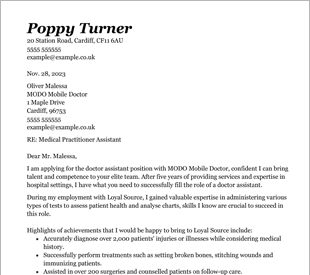
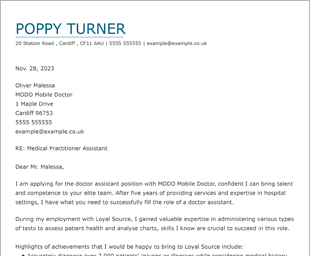
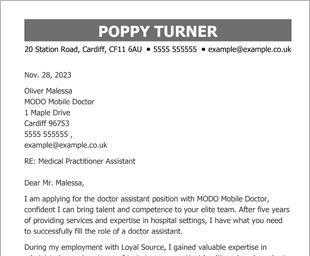
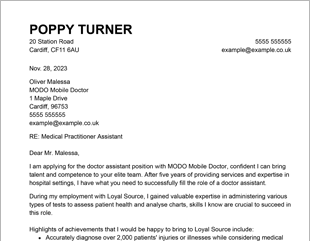

OUR USERS HAVE BEEN HIRED BY
Table of Contents
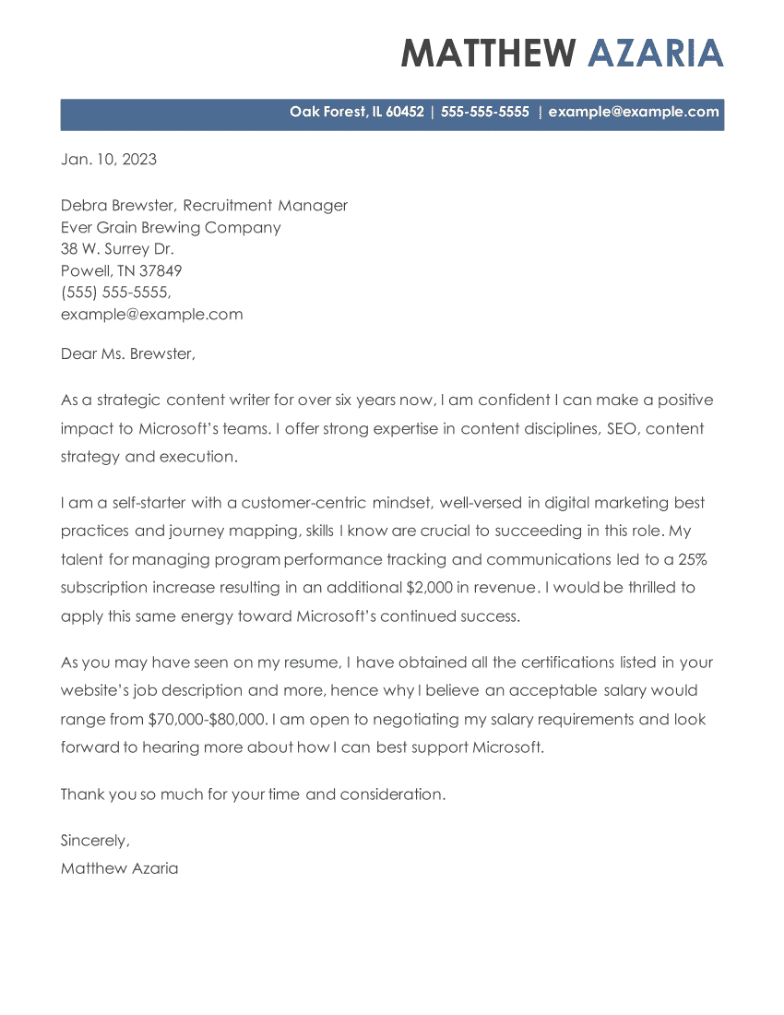
How do you discuss your pay scale without making your salary range a deal breaker? Here are a few tips you can use to talk about your salary expectations:
These tips can make it easier for you to talk about your salary requirements. Additionally, using the CVHelp cover letter builder can also help. You can find cover letter examples and sample cover letters that will best present your information.
If the job description requests that you put salary requirements in your cover letter, you should do it. Otherwise, the recruiter will assume that you don’t know how to follow directions, and you might end up passed over because of it. Additionally, you’ll probably end up having to make your salary request anyway, and determining your preferred salary early is always a good thing.
Sometimes, yes. Your salary will change depending on the cost of living, and the cost of living may change dramatically depending on where you live. Think about what the cost of living is like in your area before you settle on a specific salary request. If your cost of living is high, your salary requests should probably also be high.
When a potential employer asks about your salary requirements in an interview, you should indicate that career experts mention the salary that you’re asking for. Directly mention where you got your information. Then, defend your skills and talents. Talk about why you’re worth this salary.
We personalize your experience.
We use cookies in our website to ensure we give you the best experience, get to know our users and deliver better marketing. For this purpose, we may share the information collected with third parties. By clicking “Allow cookies” you give us your consent to use all cookies. If you prefer to manage your cookies click on the “Manage cookies” link below.